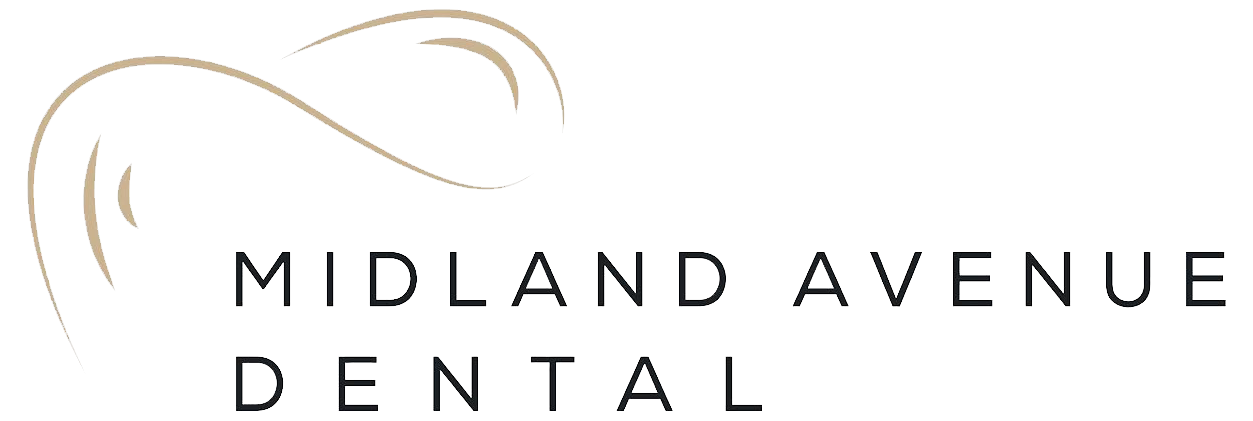Sleep dentistry in Midland, also known as conscious sedation, is a common form of sedation that helps patients with dental anxiety to receive much-needed dental care. So, if you have a dental issue such as a decayed tooth and the procedure that should be carried out is dental extraction, then sleep dentistry will come in handy to calm your nerves during the entire procedure.
Tooth extraction is an invasive procedure; it might seem scary for someone with dental anxiety. However, it isn’t uncommon for you to feel uneasy about sleep dentistry, especially when you have no clue about the procedure.
But you are in safe hands! Our Midland dentist will ensure that you get the treatment you need and that you will be comfortable throughout your dental appointment.
The thing about fear is that it is mostly anchored on a lack of information and misinformation. So, let’s get an overview of sleep dentistry.
Overview of Sleep Dentistry
You will come across different terms, such as “twilight” dentistry and happy gas, which might all refer to sleep dentistry. Sedation dentistry is used to help reduce stress, discomfort, anxiety and pain during dental treatments. Sedation dentistry uses certain drugs that will help achieve the desired results.
In other words, sedation dentistry will help you tolerate the procedures that you might otherwise find unpleasant. You cannot put off receiving dental care, especially if you need a tooth extraction.
Three stages of sedation can be achieved by using different administration methods, various drugs, or increasing the dosage. The three stages are:
- Minimal sedation: At this stage, you will be relaxed and awake and responsive. So you will still be cognitive and will know what’s going on in your environment.
- Moderate sedation: At this stage, you will be a bit sleepy, and you can lose consciousness or might drift in and out of consciousness, but you will be somewhat responsive,
- Deep sedation: When you are in deep sedation, you are asleep and unresponsive.
The combination of drugs used during sedation will produce the following effects:
- Amnesia –the lapse of memory of the dental procedure
- Anxiolysis – the relief from anxiety and agitation
- Analgesia –this is pain relief
In most cases, deep sedation will not be needed, especially when our dentist will be performing a simple procedure such as tooth extraction.
Is Sedation Dentistry Safe?
You must be wondering whether sedation dentistry is a good solution for you. Or you have questioned the safety of the procedure. This is a valid concern; however, there’s nothing to fear since we have a qualified team who can safely conduct the procedure.
Sedation dental treatment has been used for decades, and a lot of research has been done to back up its safety and efficacy. The type of sedation will depend on the severity of your anxiety. But in any case, our dentist will determine the best course of action to ensure you are safe during the procedure.
Will You Feel Pain While Using Sedation Dental Treatment?
You might be like many people who wonder if you will feel pain when you are under oral or IV sedation. Unlike general anesthesia where you are unconscious and will be unable to feel pain, conscious sedation means that you will be more or less awake. So, the main aim of sleep dentistry is to calm you.
Even though you will use nitrous oxide, which has some pain reduction benefits, our dentist will still use local anesthesia to ensure the procedure is pain-free.
Some patients worry that IV sedation will be painful. However, it isn’t since the only discomfort comes from placing the IV. If the sight of needles scares you or you are extremely sensitive to pain, then you can discuss this with our dentist, who can let you know about the options that can help make IV sedation completely painless.
How Much Time Does It Take to Pull a Tooth With the Help of Sleep Dentistry?
Tooth extraction is quite fast, especially when you are under sedation. The entire procedure might take about 20 to 40 minutes.
What Are the Different Types of Sedation?
It would not be fair for you not to know the different types of sedation that are commonly used to relieve dental anxiety. The three modes of administration are:
- Inhalation sedation – is a mild form of sedation that uses nitrous oxide (laughing gas). The gas is administered via a gas mask.
- Oral sedation may cause mild or moderate sedation depending on the dosage. It is administered orally.
- Intravenous sedation – this is when the sedative is administered via your veins.
Sedation dental treatment has helped so many people receive dental care. So, even though you have dental anxiety, you can contact us at Midland Avenue Dental to schedule an appointment.

